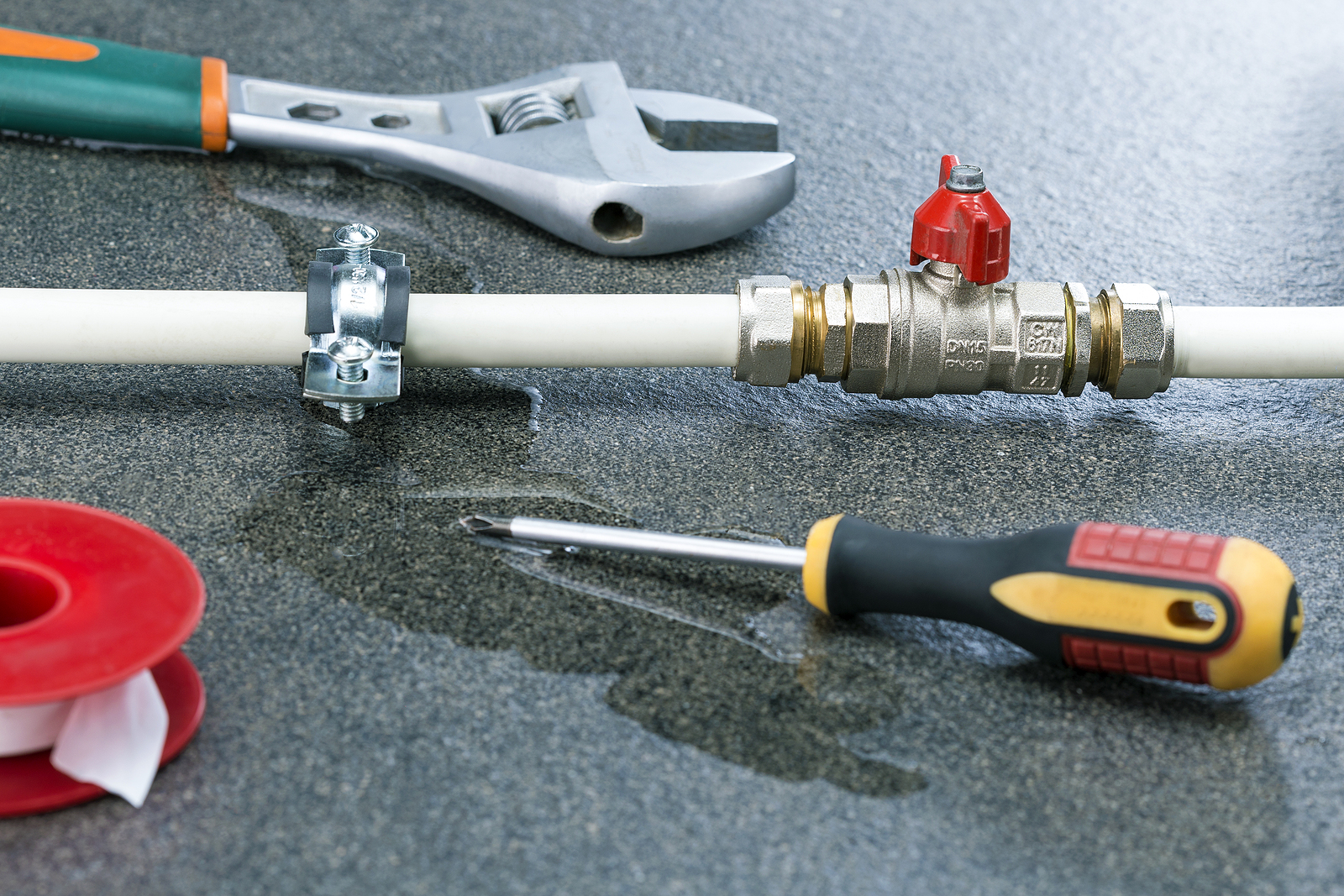Some of the problems in homes that can cause the most damage may be challenging to detect. Your pipes, for instance, are hidden behind walls. When they spring a leak, you may not know about it until mold forms, you notice water damage or your water bill skyrockets.
By then, the damage will be pricey to remedy.
Thankfully, some of the most common pipe problems give clues; you just need to know what to smell, look or listen for.
Use your sense of taste
If your water tastes odd or stinks, don’t drink it.
“Foul-smelling or bad-tasting water are signs of impurities,” according to the experts at the Water Quality Association (WQA).
If the water tastes salty, there may be hydrogen sulfide in the pipes. Caused by bacteria, you’ll need to find the source and eliminate it. Your plumber can help you here.
Does the water taste metallic? “It may be a sign of mercury, lead, copper, arsenic, or iron in the water,” cautions the folks at WQA. It may be originating from the pipes themselves.
What’s that smell?
One of the more common odors when there’s a problem with pipes is that of a rotten egg, which the WQA says is also indicative of hydrogen sulfide in the water.
Catch a whiff of turpentine? There are a number of reasons for this, none of them pleasant, so call your plumber for an inspection and drink bottled water in the meantime.
Listen
If you hear banging when you turn on the water in the home, it may be a sign of a major problem, according to the experts at American Home Shield (AHS).
There is actually a name for that sound, “water hammer,” and it can damage connections and joints in the pipe. The folks at AHS tips to help you solve the problem:
- Start by turning off the water at the main supply (this is usually located at the street).
- Open all the faucets in the home and allow them to drain completely before closing.
- Turn the water main back on and open the faucets again.
“The incoming water will flush the air out of the pipes but not out of the vertical air chamber, where the air supply has been restored.”
Finally, if you notice rust, stains or flaking on any visible pipes, they may be corroding and, if not replaced, will most likely spring a leak.
A good plumber will use your observations when making a diagnosis. Ensure you check references and that the plumber is licensed and insured.






